
A healthy pregnancy begins with a healthy body — and your thyroid plays a vital role in this journey. Thyroid disorders, both underactive (hypothyroidism) and overactive (hyperthyroidism), can affect your menstrual cycle, ovulation, and even embryo implantation, directly influencing your chances of conceiving naturally or through assisted reproductive techniques like IVF.
At SCI IVF Hospital, we understand how crucial thyroid health is for women planning to conceive. Here’s everything you need to know about managing thyroid disorders for a smoother and healthier pregnancy journey.
How Thyroid Disorders Affect Fertility
Your thyroid gland regulates hormones that influence metabolism, growth, and reproduction. An imbalance in these hormones can:
Disrupt ovulation
Cause irregular menstrual cycles
Increase the risk of miscarriage
Interfere with embryo development and implantation
This is why women with unexplained infertility are often advised to undergo thyroid function tests before starting fertility treatment.
The Role of Thyroid in IVF Success
For women undergoing IVF treatment, maintaining optimal thyroid levels is especially important. Thyroid hormone imbalances can affect the response to fertility medications and the success rate of embryo implantation.
At SCI IVF Hospital, our infertility specialists monitor thyroid levels closely as part of the pre-IVF evaluation. If a thyroid issue is detected, we offer tailored treatment to stabilize hormone levels before initiating the IVF cycle — ensuring better chances of success.
Managing Thyroid Disorders Before and During Pregnancy
Here are some key tips and strategies:
1. Early Diagnosis
Routine blood tests like TSH, Free T3, and Free T4 help identify thyroid disorders early. Women trying to conceive should aim for a TSH level between 1.0 and 2.5 mIU/L, as recommended by reproductive endocrinologists.
2. Medication Management
For hypothyroidism, levothyroxine is commonly prescribed to maintain normal thyroid levels. The dosage might need adjustment during pregnancy, so regular monitoring is essential.
3. Nutritional Support
Adequate intake of iodine, selenium, and zinc supports thyroid function. Consult with a fertility nutritionist for a thyroid-friendly diet plan.
4. Stress Reduction
Stress can exacerbate thyroid dysfunction. Incorporate stress-reducing practices like yoga, meditation, or acupuncture into your fertility journey.
5. Regular Follow-ups
At our IVF centre in Delhi, ongoing monitoring ensures your thyroid stays within a healthy range throughout fertility treatment and pregnancy.
SCI IVF Hospital: Supporting Your Fertility Journey
Whether you’re dealing with thyroid disorders or unexplained infertility, SCI IVF Hospital is here to guide you with expert care, advanced diagnostic tools, and personalized fertility plans. As a trusted IVF centre in Delhi NCR, we’re committed to turning your parenthood dreams into reality — safely and successfully.
Conclusion
Thyroid health is a vital piece of the fertility puzzle. By identifying and managing thyroid disorders early, you can significantly boost your chances of a healthy pregnancy — naturally or through IVF. Partner with the expert team at SCI IVF Hospital to take proactive steps toward your dream of parenthood.
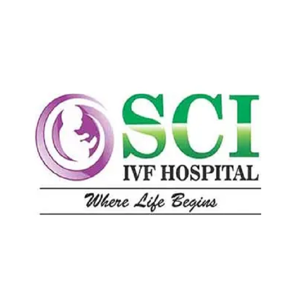
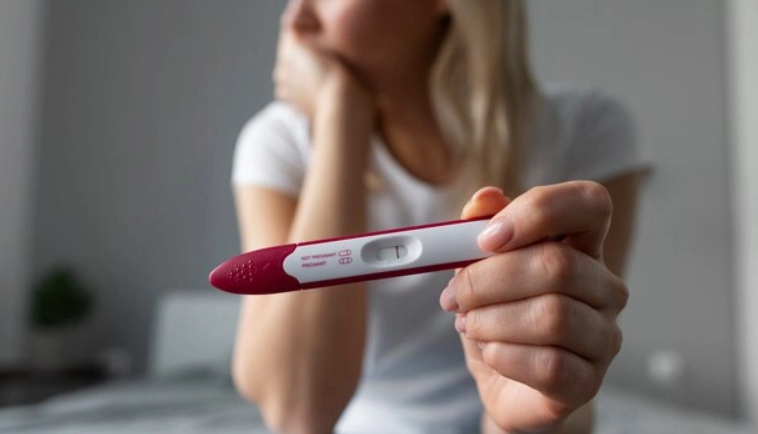
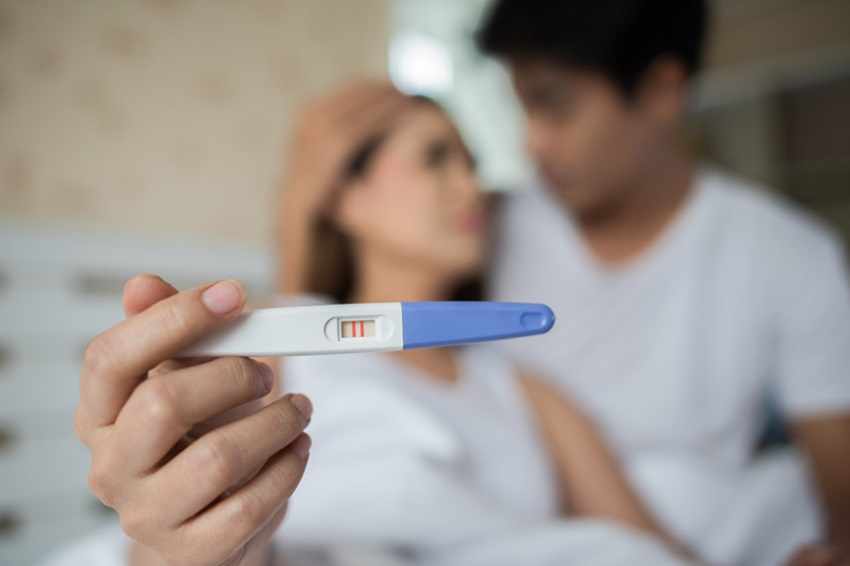





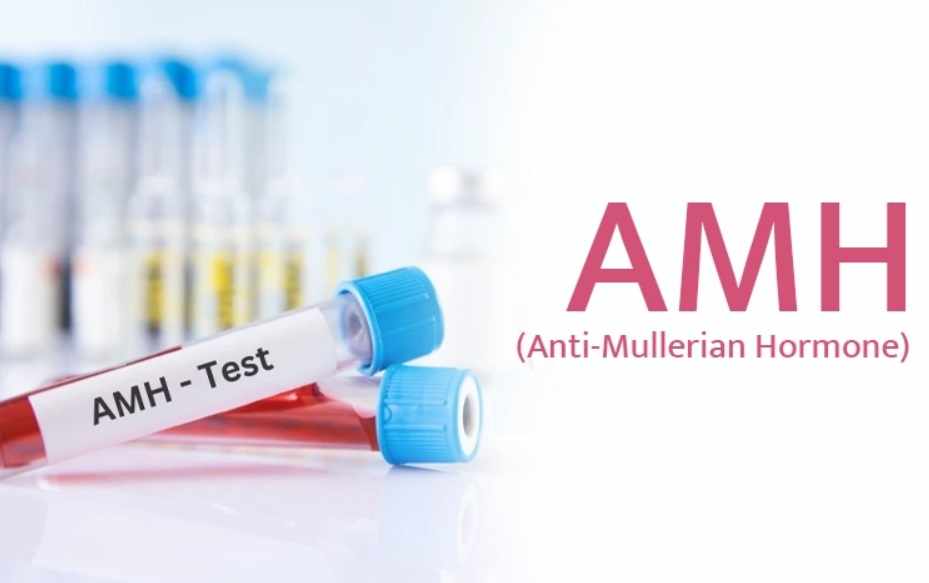

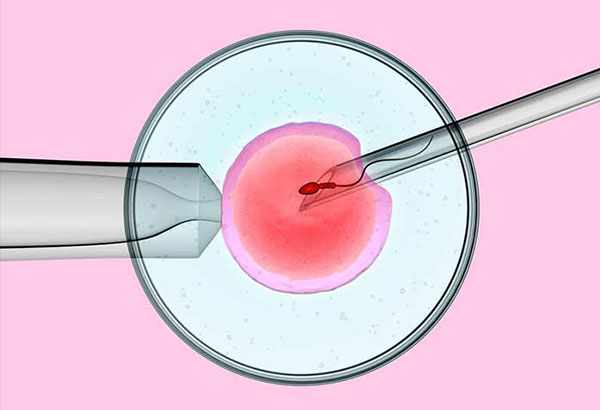
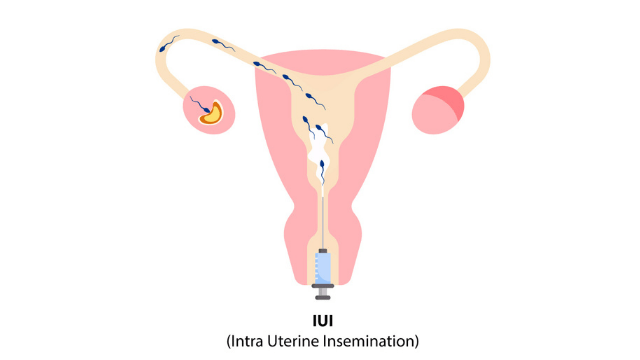

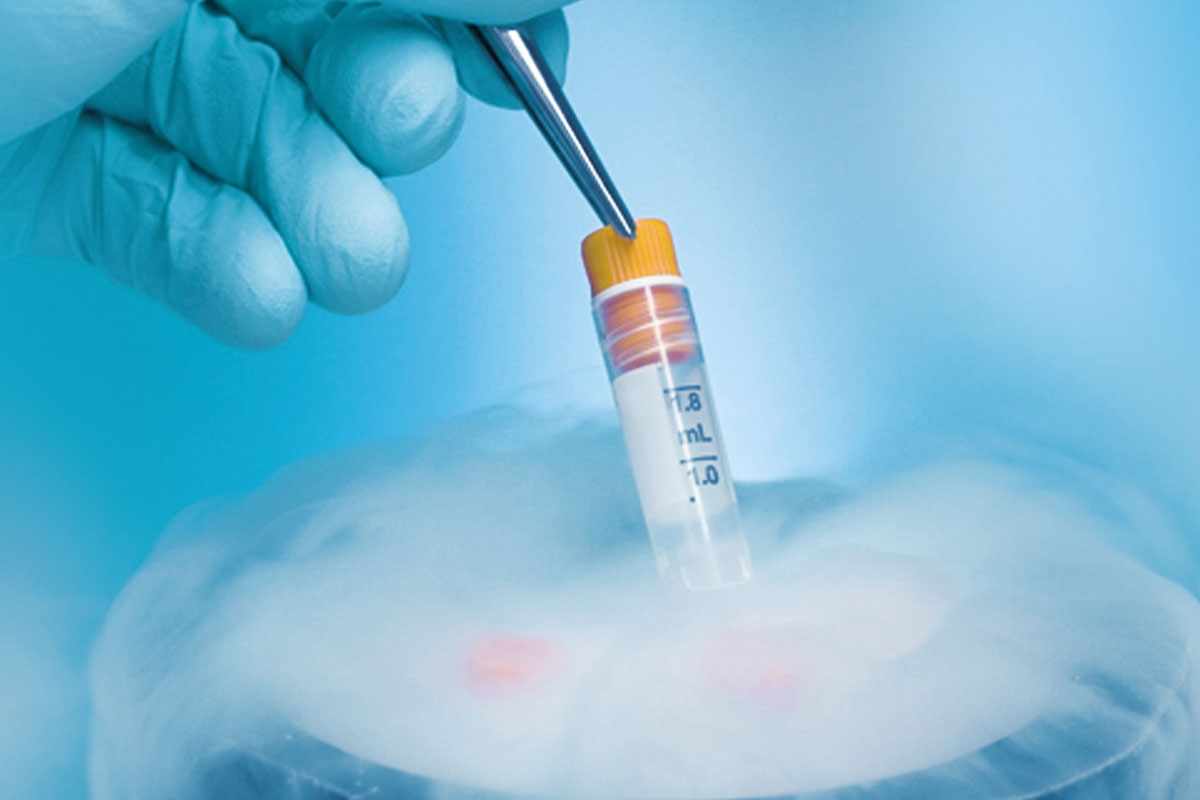
Write a comment ...